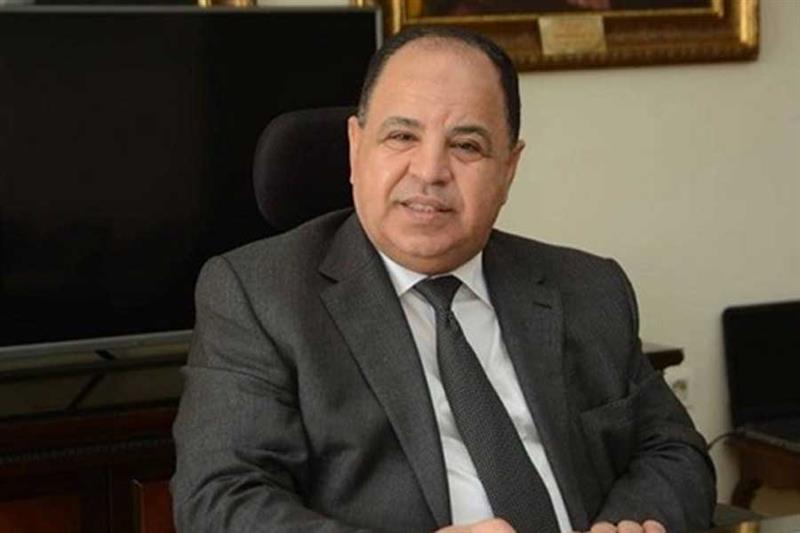
Egypt’s Minister of Finance Mohamed Maait
The announced incentives target projects and establishments that work under the temporary permission system that is governed by the new unified customs law, which was approved by the House of Representatives in 2020.
The temporary permission system was designed toexempt importers from paying custom fees. In return, importers have to pay a specific guarantee for importing raw materials and medium commodities for the purpose of export after being manufactured.
Among those incentives requires the payment of a guarantee valued at no less than 60 percent of the total value of the customs imposed on the shipment plus other customs fees for clothing commodities, 30 percent of which are banking or cash guarantees.
Maait expounded that the government aims to include the beneficiaries of this system in a number of other incentives that will ease the customs clearance process for imports.
He added that this contributes to backing local industry, increasing its contribution to the GDP, creating more job opportunities, enhancing the country’s productive capabilities, boosting Egyptian products’ competitiveness in global markets, supporting the national economy’s structure, and raising economic growth levels.
Egypt’s new unified customs law no. 207 for 2020 came into effect on 12 November 2020, replacing law no. 66 for 1963 and repealing customs exemptions law no. 186 for 1986.
The new law aims to catalyse foreign investment, unify and ease procedures concerning international trade, streamline customs clearance operations and procedures, and improve the customs tax refund process.
On a higher level, the law targets increasing the volume of Egyptian exports heading to the international market and controlling import and export activity in a more efficient way while preserving the state’s right to collect customs, taxes, and fees.
Short link: